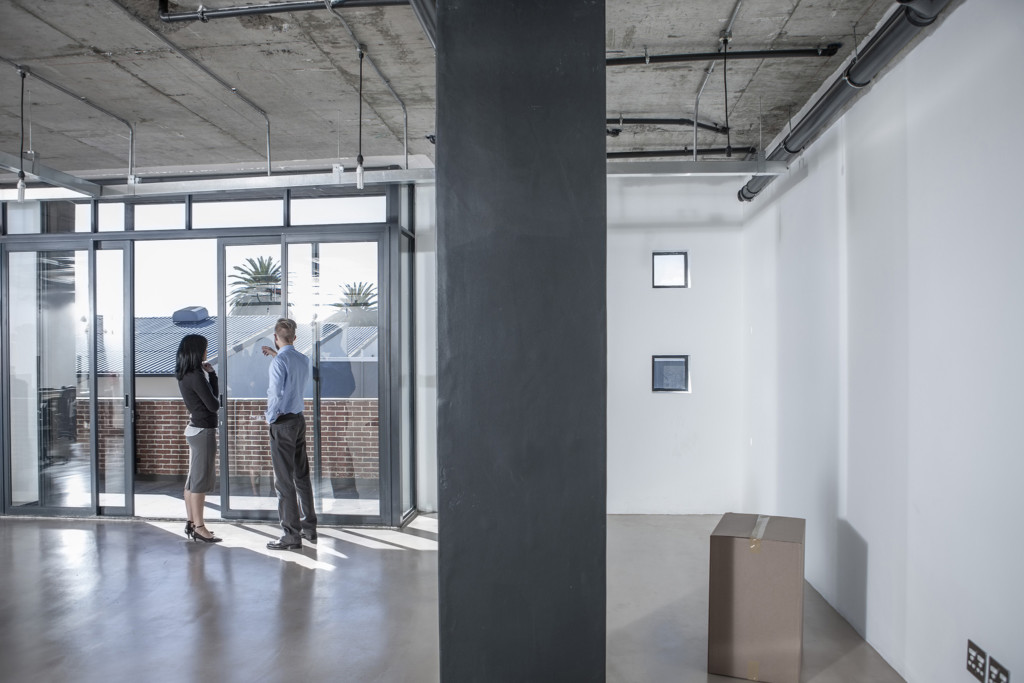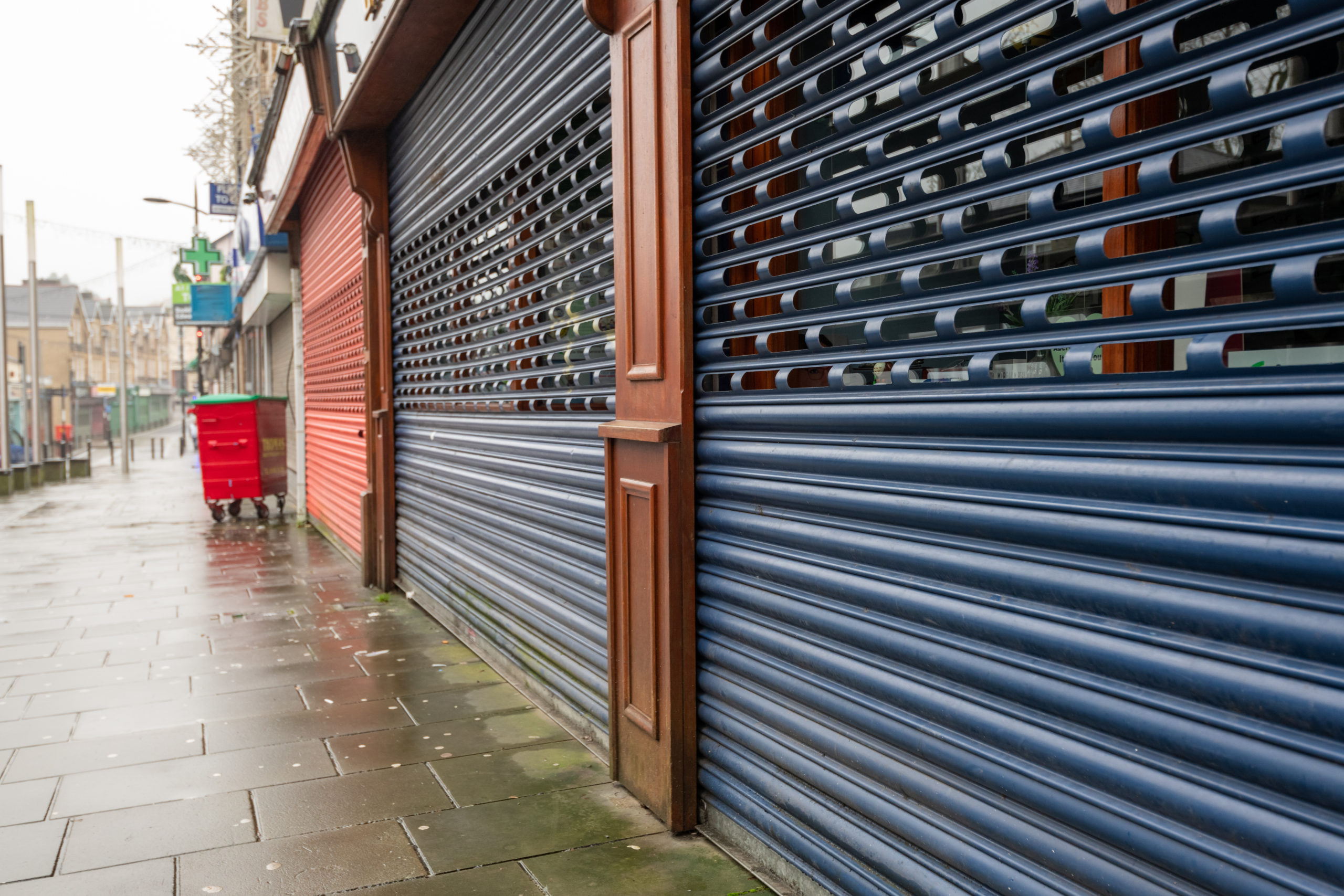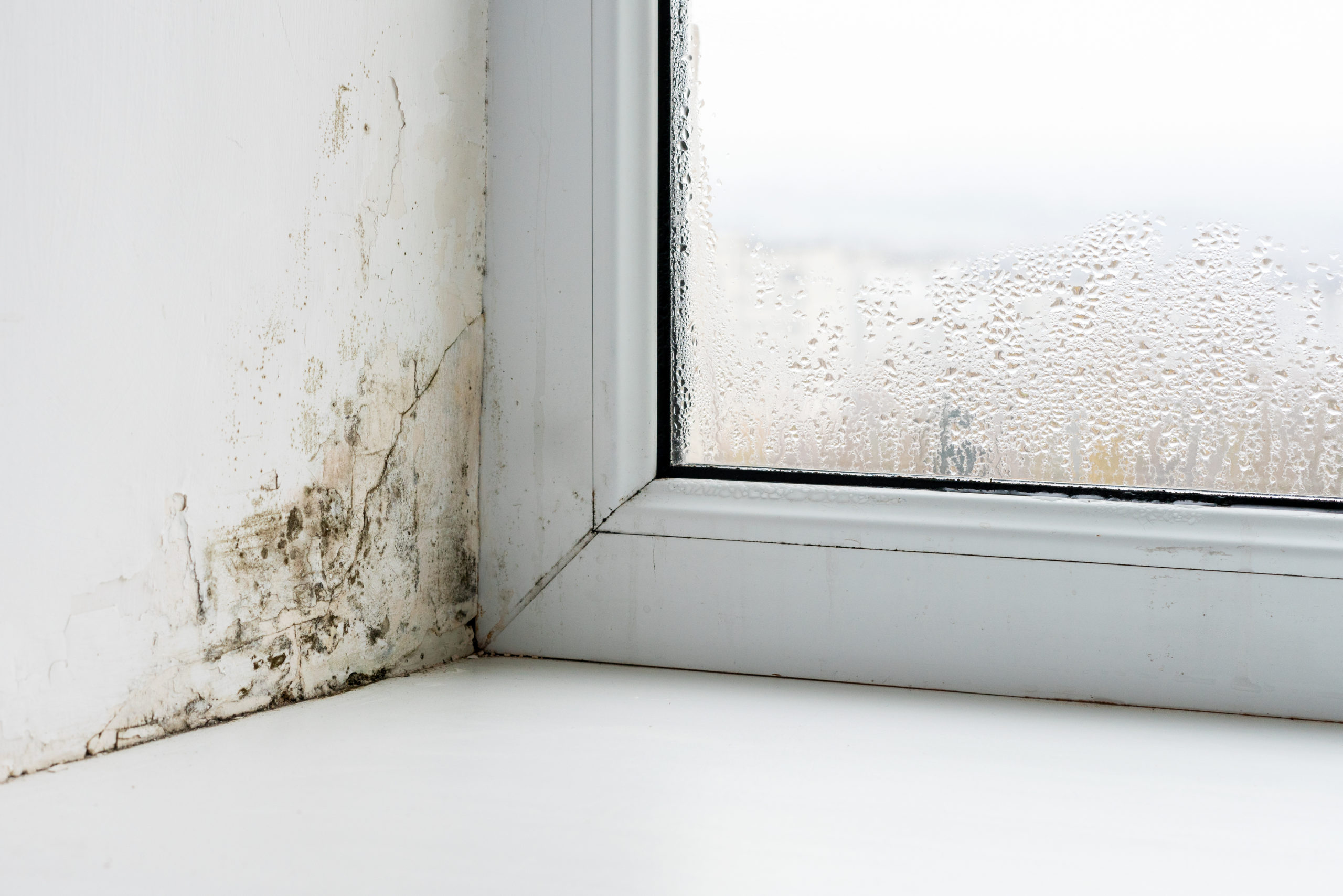A critical stage in the commercial property buying process, is having a detailed grasp of the building’s condition. A comprehensive commercial building survey offers insights into potential risks, maintenance needs, and overall investment feasibility.
Our expert team of commercial property surveyors serving Liverpool, Chester, and the North West are always at hand to ensure you are fully prepared every step of the way through the commercial property investment process.
Above all, when it comes to a property purchase of any kind, we always recommend conducting a Building Survey.

Why Do I Need A Commercial Building Survey?
Our building surveys are indispensable for commercial and residential property buyers and tenants.
We identify a property’s strengths, weaknesses, and potential challenges, providing invaluable insights into your investment. With a comprehensive and detailed building survey, we give you clarity on a property’s condition, giving you the confidence to make fully informed decisions.
Equipped with this information, you can negotiate effectively, potentially saving costs and avoiding future pitfalls by addressing issues upfront.
Different Types of Commercial Building Surveys
Now that you understand its importance, the next step is to determine the best survey option for your commercial property. Navigating the various survey options can be overwhelming, so we compare the various commercial building surveys to help you find the most suitable one for your requirements.
A building survey report for a commercial property is a comprehensive pre-purchase assessment providing detailed insights to prospective buyers on the condition of a single property or a portfolio of buildings, potentially saving significant costs.
The report will identify existing defects observed at the time of the survey and evaluate areas requiring maintenance in the short to medium term and any necessary remedial works. Various aspects of a property will be assessed, including the building’s construction materials and the presence of hazardous materials like asbestos, and will highlight any potential repair liabilities.
Building surveys are valuable not only for landlords looking to expand their commercial property portfolios but also for tenants. A building survey offers tenants insight into future repair expenses, a very useful tool due to many commercial leases holding tenants responsible for repairs. This information can sometimes aid in negotiating a lower rent, mainly if the property’s condition raises concerns.
A Schedule of Condition for a commercial property is a detailed record of the property’s condition at a specific point in time. It is often required when a new tenant enters into a new lease agreement or when significant refurbishments have been made.
A Schedule of Conditions serves as a crucial document for property transactions, accurately documenting the property’s condition and potentially saving both parties significant costs and disputes in the future.
It involves a comprehensive inspection of the building, with a resulting report containing detailed descriptions and photographs highlighting the condition of each element of the property.
This report is a valuable reference for property owners and tenants, providing an accurate assessment of the property’s condition. Tenants will find it beneficial, in helping to limit their liability for any damages or deficiencies not present at the start of the lease. For landlords, the Schedule of Conditions serves as evidence to hold tenants accountable for any damages incurred in the duration of the lease, potentially avoiding costly disputes and repairs.
A Schedule of Dilapidations for a commercial property is a comprehensive report typically conducted at the end of a lease. It is initiated by the property owner to address any damages incurred during the tenancy and establish liability for associated repair costs.
A schedule of dilapidations survey conducted by a commercial building surveyor aims to assess whether the tenant has fulfilled their repair obligations and identify any defects that need rectifying to meet the required state of repair.
This report is a vital tool for property owners to understand their tenants’ repair obligations and determine the best course of action for settling dilapidation claims without resorting to legal action. In cases of significant dilapidation, the Building Surveyor may also serve as an expert intermediary during negotiations, advocating for either party’s interests.
Only Trust in an RICS Chartered Surveyor
The expertise and technical proficiency of chartered commercial building surveyors will offer substantial advantages to both landlords and tenants. Whichever type of commercial building survey you choose, ensure it is completed by a suitably qualified and experienced surveyor accredited by The Royal Institute of Chartered Surveyors (or RICS).
Trust in their services, as RICS surveyors have undergone extensive training, backed with years of professional experience. Additionally, RICS surveyors have comprehensive public liability insurance, protecting their clients and themselves.





